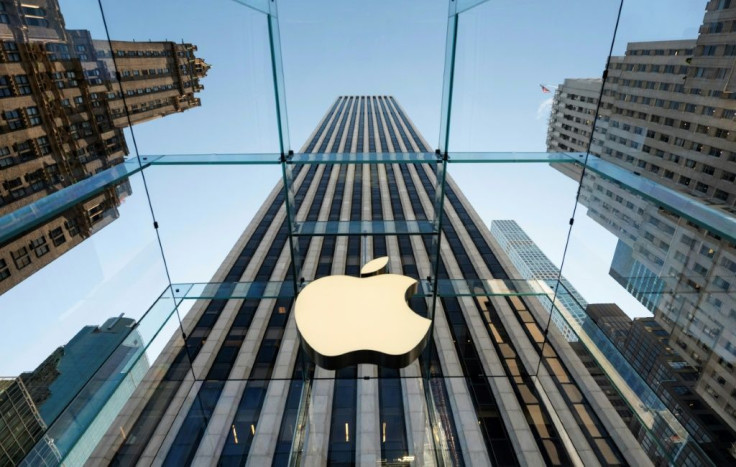Court To Hear Russian's Claim That Apple 'Turned Him Gay'

A Moscow court on Thursday holds a preliminary hearing in the case of a Russian man who is suing US tech giant Apple for allegedly turning him gay.
He is seeking 1 million rubles ($15,560) in damages from Apple for sending him a cryptocurrency known as GayCoin instead of the Bitcoin he had ordered.
The bizarre civil suit has been filed in a country where casual homophobia is prevalent and a law banning "propaganda" of gay relationships to minors has stifled public activism.
Representatives of the two sides are set to meet a judge at Moscow's Presnensky district court for a preliminary hearing behind closed doors starting at 9:40 am (0640 GMT).
The plaintiff, named in court papers only by his surname Razumilov, was not planning to attend in order to protect his privacy, his lawyer said.
In his complaint, seen by AFP, he says the GayCoin cryptocurrency arrived with a note saying, "Don't judge until you try."
The complaint says Razumilov downloaded a cryptocurrency app from Apple Store but received a transfer of 69 of the GayCoin instead of the Bitcoins he ordered.
"I thought, in truth, how can I judge something without trying? I decided to try same-sex relationships," the complainant wrote.
"I decided to try single-sex relations. Two months later, I can say that I have got stuck in intimate relations with a representative of my sex and I can't manage to get back."
'Harm and suffering'
The man is suing for damages for "moral harm and mental suffering".
"For him, this is a big blow to his reputation, because he doesn't know how to tell his parents and he knows that he won't be understood," his lawyer Sapizhat Gusnieva told AFP.
"We live in Russia after all, so these things are complicated."
She said that her client had ended up breaking up a stable heterosexual relationship with his girlfriend.
Groups campaigning for gay rights in Russia point to ongoing repercussions from the homophobic law banning "propaganda" of gay relationships to minors, which allows for discrimination against gay people.
Russia only decriminalised homosexuality in 1993 after the end of the Soviet Union and it was considered a mental illness until 1999.
In July the European Court of Human Rights ruled against Russia over its refusal to register three associations defending LGBT rights.
Lawyer Gusnieva argued that suing Apple is justified in this case, despite the alleged exchange taking place on a third-party app.
"Apple allowed this company to work with them. They let people download the app. So they will have to answer for it," she said.
She said that on Thursday she would ask Apple for contacts of the company that put the GayCoin currency online.
Apple's representatives in Russia did not respond to AFP's requests for comment.
© Copyright AFP 2024. All rights reserved.





















